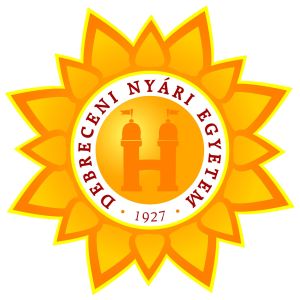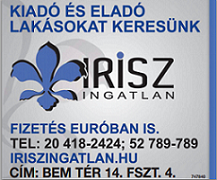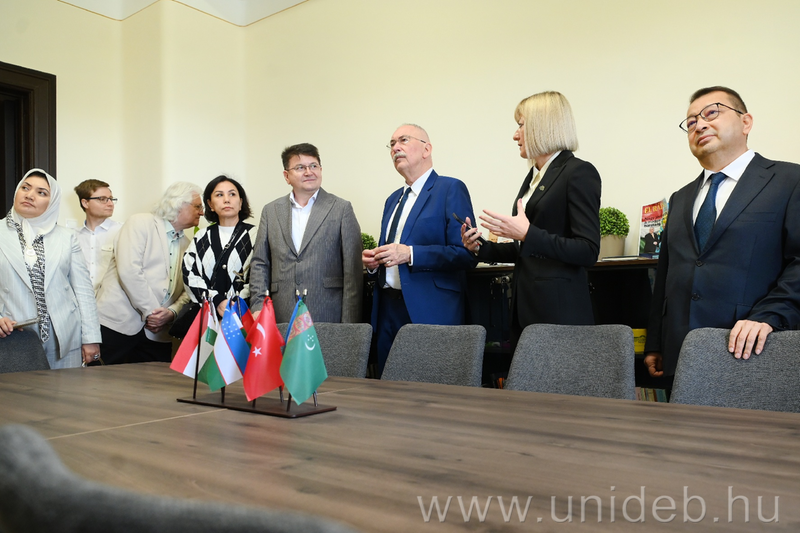The University of Debrecen has signed a cooperation agreement with the Health and Epidemiological Surveillance Department of the Medical Directorate under the President of the Republic of Uzbekistan. The agreement covers areas such as drug development, scientific research, quality control, and professional training.
Following the signing, the delegation from the Central Asian country visited several of the university’s research facilities. The Uzbek side, which operates several research and service laboratories in areas like preventive toxicology, bacteriology, hygiene, radiation safety, and physical environmental factors, plays a leading role in Uzbekistan in these fields.
The delegation, led by Soyibjon Goziev, head of the department, and expert advisor Khadjiev Marks, was welcomed at the Main Building of the University of Debrecen by Rector Zoltán Szilvássy and Director of Strategic Coordination Okszána Kiszil.
During the discussions, the two parties reviewed the planned collaboration in detail, including joint pharmaceutical research, the development of treatments for the health effects of radioactive contamination, laboratory-based investigations, mutual recognition of accredited conformity assessments, and the continued training of Uzbek medical professionals.
The cooperation agreement was formally signed by Rector Szilvássy and Department Head Goziev.
After the signing, the Uzbek guests visited the university’s Türk Corner, a community space dedicated to promoting the cultural heritage of Central Asian countries. They then toured the Clinical Center, where they explored the infrastructure and operations of the Oncology Radiology Clinic and the Department of Nuclear Medicine at the Medical Imaging Clinic.
The delegation also toured the Science, Technology and Innovation Park on Vezér Street, where they received a comprehensive overview of the practical training and research activities conducted at the Faculty of Pharmacy and the affiliated National Manufacturing-Research-Training Pilot Facility. The presentation was led by Dean Ildikó Bácskay and her colleagues.
(unideb.hu)


















